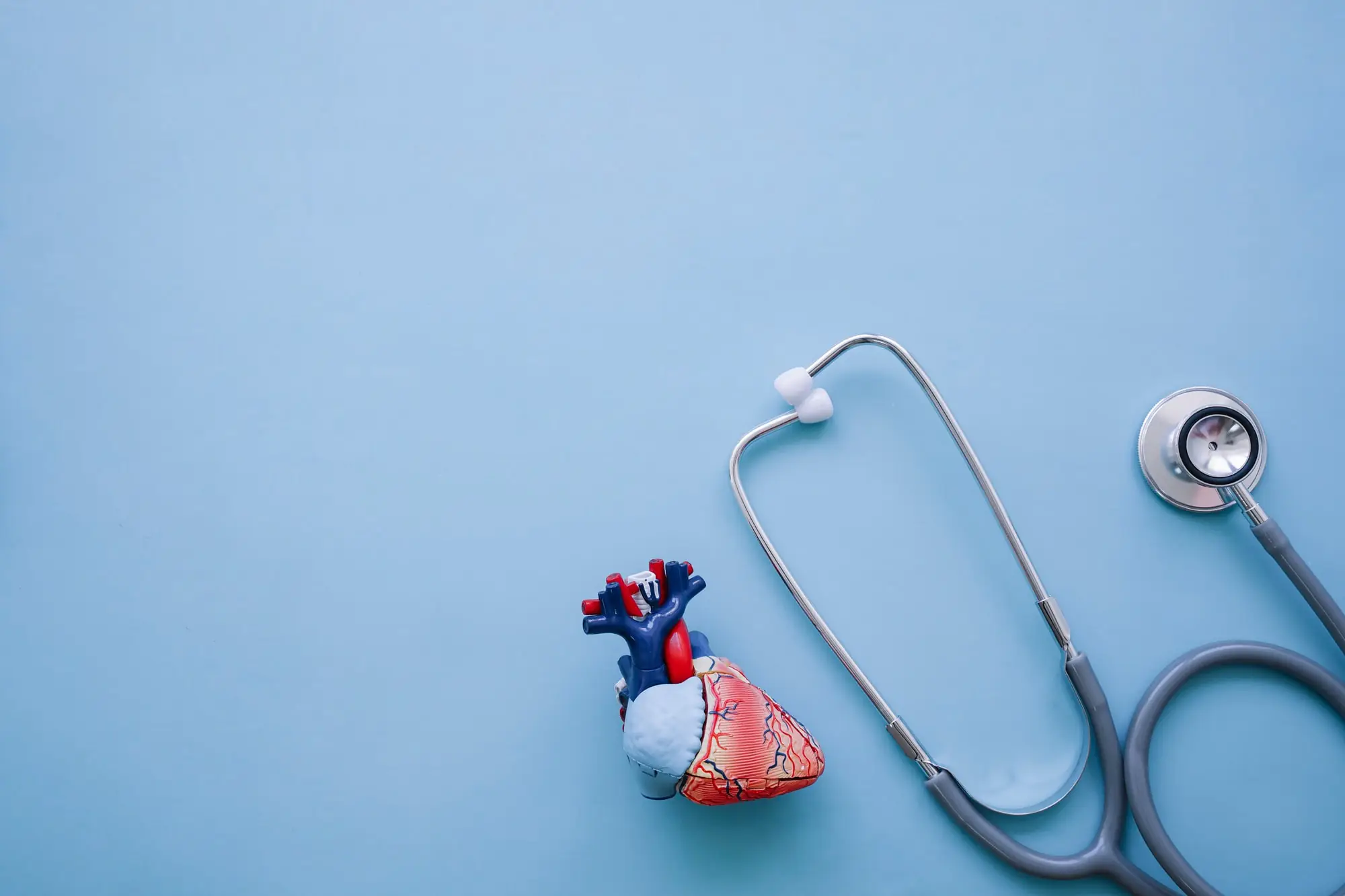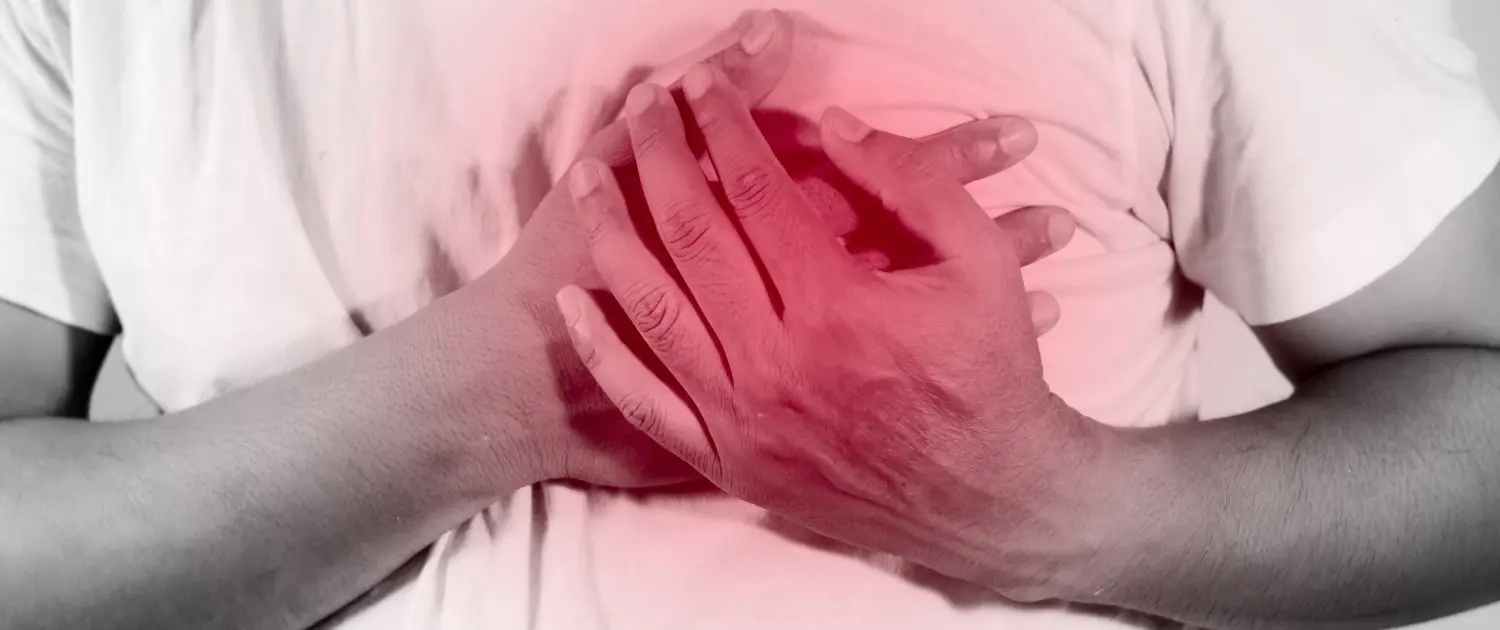What is Dehydration?
Water is the essence of life on Earth and makes up about 60% of the human body. Water is of great importance because it plays a fundamental role in almost every physiological process. However, sometimes the human body can lose too much water and this is called dehydration. To further elaborate on the question “What is the dehydration reaction?”, dehydration is when the body loses more fluid than it takes in and leads to an imbalance in the body’s water and electrolyte levels, disrupting normal body functions. Water is vital for maintaining essential body functions such as regulating body temperature, facilitating nutrient absorption, aiding digestion and eliminating waste products. When dehydration occurs, these vital processes are disrupted and can cause various symptoms and health problems.
It is important to recognize and prevent signs of dehydration in time, as even mild dehydration can affect physical and cognitive performance. People can maintain optimal health by ensuring adequate fluid intake and paying attention to fluid intake.
What is Dehydration and Hydrolysis?
Dehydration and hydrolysis are two opposite chemical processes related to the breaking and formation of chemical bonds within molecules. The most basic answer to the question “What is dehydration synthesis?” is that it is a reaction in which water molecules are removed from the cell, resulting in the release of water as a by-product when a new compound is formed. Dehydration reactions are widely involved in the synthesis of complex organic molecules such as proteins, carbohydrates, lipids and in the production of polymers. Hydrolysis, on the other hand, is the opposite of dehydration and involves the addition of water molecules to break a compound into its components. This process is widely used in the breakdown of large molecules, for example proteins, carbohydrates and fats, for cellular processes.
Symptoms of Dehydration
Dehydration can present with a variety of symptoms, which can range from mild to severe, depending on the degree of fluid loss and individual factors such as age. Recognizing these symptoms is vital for rapid intervention and prevention of potentially serious complications. The symptoms of dehydration can be listed as follows:
- Thirst: One of the earliest signs of dehydration is thirst, as the body tries to communicate its need for fluid replenishment.
- Dry mouth Reduced saliva production can create a sticky feeling in the mouth, along with a dry feeling.
- Dark urine: Dehydration can trigger condensed urine, resulting in a darker yellow or amber color due to increased waste concentration.
- Decreased urine With dehydration, urine production decreases, the frequency of urination decreases or the volume of urine passed decreases.
- Fatigue: Dehydration can cause feelings of tiredness and weakness, affecting energy levels and physical performance.
- Dizziness Decreased blood volume and blood pressure due to dehydration can cause dizziness or lightheadedness, especially when getting up quickly.
- Headaches Dehydration can cause headaches or migraines because reduced fluid levels affect blood flow and oxygen transportation to the brain.
- Dry skin: Insufficient hydration can create dry and scaly skin, as water is essential for maintaining skin moisture and elasticity.
- Sunken eyes Dehydration can cause the eyes to appear sunken or hollow due to decreased fluid levels in the body.
- Rapid heartbeat: Dehydration can cause an increased heart rate as the body tries to compensate for the decreased blood volume and try to maintain circulation.
- Muscle cramps Electrolyte imbalances resulting from dehydration can cause muscle cramps or spasms, especially during physical activity.
- Confusion or irritability: Dehydration can affect cognitive function and mood, causing confusion, irritability or difficulty concentrating.
- Fainting Severe dehydration can cause a drop in blood pressure and fainting, especially when standing upright or exerting oneself.
- Loss of the ability to sweat: In severe cases of dehydration, the body may stop producing sweat, affecting the body’s ability to regulate temperature and maintain cooling.
- Rapid breathing: Dehydration can cause rapid breathing as you try to conserve body water and maintain oxygen levels.
- Seizures In extreme cases, severe dehydration can lead to electrolyte imbalances that can trigger seizures or convulsions.
Causes of Dehydration
Dehydration can be caused by various factors, some of the main causes are:
- Inadequate fluid intake: Not drinking enough fluids, especially water, can lead to dehydration. This usually occurs when individuals do not drink enough water throughout the day or when there is limited access to water.
- Excessive sweating: Intense physical activity, in hot and humid environments, can cause excessive sweating, which leads to fluid loss. Athletes, workers and people who exercise intensively are particularly at risk.
- Diarrhea: Diarrhea can cause rapid fluid loss from the body due to increased bowel movements and decreased absorption of water and electrolytes in the intestines. This can happen as a result of infections, food poisoning or certain medical conditions.
- Vomiting: Persistent vomiting due to illness, pregnancy-related morning sickness or other causes can contribute to dehydration by causing significant fluid loss and electrolyte imbalance.
- Fever The high body temperature associated with fever can cause increased body metabolism, leading to increased fluid loss through sweating and respiratory evaporation.
- Diabetes: High blood sugar levels in people with diabetes can result in frequent urination and cause significant fluid loss. Uncontrolled diabetes increases the risk of dehydration without adequate fluid intake.
- Medications: Medications such as diuretics (diuretics) and antihistamines can increase urine output, causing fluid loss in the body, which can contribute to dehydration.
- Alcohol consumption: Alcohol has diuretic properties, meaning it increases urine production and can lead to dehydration when consumed in excess.
- Excessive caffeine intake: Caffeine is found in coffee, tea, energy drinks and some sodas and can contribute to dehydration by acting as a mild diuretic.

Dehydration Treatment
Dehydration treatment aims to restore fluid and electrolyte balance in the body, replenish lost fluids and address the root causes. Individual factors such as severity of dehydration and age determine the appropriate treatment approach.
- Oral rehydration therapy: In cases of mild to moderate dehydration, oral rehydration solutions (ORS) containing a balanced combination of water, salt and sugar may be effective. These solutions are available over-the-counter from pharmacies or can be prepared using ingredients such as water, salt and sugar.
- Intravenous (IV) fluids: Intravenous fluids can be administered in cases of severe dehydration or when oral rehydration is not possible. This involves introducing the serum solution directly into the blood through a vein and rapidly replenishes fluid and electrolyte levels.
- Electrolyte replacement: In cases of significant fluid loss, it is vital to restore electrolytes such as sodium, potassium and chloride. These can be provided through oral electrolyte supplements or electrolyte-rich foods such as bananas, coconut water and soup.
- Treatment of root causes: Addressing the underlying causes of dehydration is important for effective treatment. This may involve treating infections, managing symptoms or adjusting medications under medical guidance.
- Monitoring: Close monitoring of hydration status and symptoms is necessary throughout the course of treatment. Healthcare professionals can assess vital signs, urine output and electrolyte levels to ensure adequate hydration and prevent complications.
- Rest and recovery: An important part of treating dehydration is giving the body time to rest and recover. Avoiding strenuous activities and getting plenty of rest can help the body’s healing process.
Risk Factors of Dehydration
There are several risk factors that can increase the likelihood of dehydration occurring. Understanding these factors is vital for prevention and early intervention:
- Inadequate fluid intake: Not drinking enough fluids on a daily basis can significantly increase the risk of dehydration. This is especially true in hot climates or during periods of intense physical activity, when the need for fluids is higher.
- Hot and humid weather: Excessive sweating can occur in hot and humid environments, which can lead to rapid fluid loss and dehydration if adequate fluids are not consumed.
- Intense physical activity: Intense exercise or prolonged physical activity without adequate hydration can cause significant fluid loss through sweating and increase the risk of dehydration.
- Chronic diseases: Some medical conditions such as diabetes, kidney disease and cystic fibrosis can increase the risk of dehydration due to factors such as frequent urination, impaired kidney function or electrolyte imbalances.
- Alcohol and caffeine consumption: Alcohol and caffeine have diuretic properties, meaning they can increase urine production and cause dehydration, especially when consumed in large quantities.
- Pregnancy and breastfeeding: Pregnant and breastfeeding women have higher fluid requirements and inadequate fluid intake can increase the risk of dehydration for both mother and baby.
Health Effects of Dehydration
The dehydration reaction occurs when the body takes in more fluid than it loses, leading to electrolyte imbalance and impaired body function. Mild dehydration can cause symptoms such as thirst, dry mouth and dark urine. But severe dehydration can lead to serious health effects. It can cause low blood pressure, rapid heartbeat, dizziness, fatigue and confusion. In extreme cases, dehydration can lead to heat stroke, kidney failure, seizures and even death. The body relies on water for various functions, including temperature regulation, digestion and nutrient transport. Maintaining proper hydration is therefore essential for overall health and well-being.
If you notice signs of dehydration in your body or want to know about your body’s fluid levels, you can contact a health care provider.





